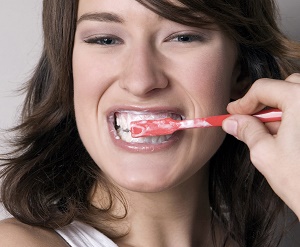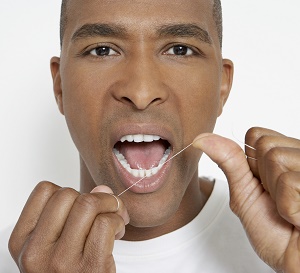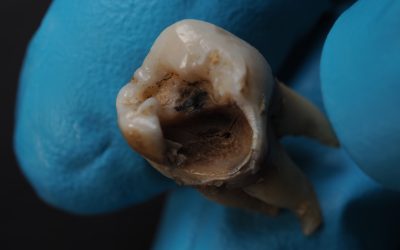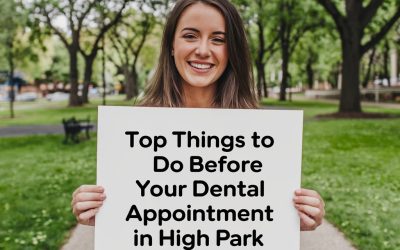The majority of us realize how important our gums are to our oral and overall health, but it’s no secret that dental science can be a finicky and complicated subject to tackle. The best methods for taking care of your gums seem to be a closely guarded secret to the general public, despite the necessity of maintaining their hygiene.
Brushing and flossing are typical and oft toted remedies, and while they certainly are effective – and necessary – they are only a small fraction of a total health care regime. If you find yourself at a loss as to the best methods to ward off gum disease, read on for six powerful and practical tips to keep things fresh and clean!
Brushing Your Teeth
 Though nearly everyone adheres to a daily brushing regiment, the importance this activity plays in gum health cannot be overstated. Brushing removes food particles and debris that can gradually rot your gums. For best results, dentists recommend brushing twice daily, when you wake up and right before bed and they also recommend you to avoid common brushing and flossing mistakes. If you chose to only brush once per day, brushing in the evening is far more important than the morning.
Though nearly everyone adheres to a daily brushing regiment, the importance this activity plays in gum health cannot be overstated. Brushing removes food particles and debris that can gradually rot your gums. For best results, dentists recommend brushing twice daily, when you wake up and right before bed and they also recommend you to avoid common brushing and flossing mistakes. If you chose to only brush once per day, brushing in the evening is far more important than the morning.
Flossing
 Without flossing, you miss over thirty percent of the debris on your tooth’s surface! Like brushing, flossing removes the damaging leftover food particles that can wreak havoc on your gums. It serves to finish the job of brushing by accessing the spaces in your teeth that a brush cannot get to.
Without flossing, you miss over thirty percent of the debris on your tooth’s surface! Like brushing, flossing removes the damaging leftover food particles that can wreak havoc on your gums. It serves to finish the job of brushing by accessing the spaces in your teeth that a brush cannot get to.
Mouthwash
Mouthwash can be considered the final, polishing step in a daily routine of brushing and flossing. It neutralizes bacteria in the mouth and assists with rinsing out any leftover gunk from brushing and flossing. For best results, avoid mouthwashes with alcohol, as it can irritate the gums and cause problems of its own! Just remember, mouthwash is NOT a substitute for brushing and flossing.
Fluoride Rinses and Toothpaste
Fluoride restores enamel, the protective coating on your teeth, and prevents the spread of bacteria in the mouth. Rinses should be done infrequently but regularly – about once a month – while a fluoride-containing toothpaste can be used every time you brush. Fluoride is the shield that protects all the hard work you put into cleaning your teeth!
Regular Dental Checkups and Cleanings
While a diligent at-home oral care routine can severely reduce the incidence of gum disease, it is no substitute for regular checkups with a professional. In addition to providing a thorough and extensive cleaning, dentists can check for damage to the teeth and gums requiring more serious intervention, or make professional recommendations to improve your daily oral care routine.
Quitting Smoking
 Smoking ravages the gums, and is one of the leading causes of periodontal disease! If you’re a smoker and you’ve enacted all of the above tips, but still find your gum health is sorely lacking, it may be time to quit.
Smoking ravages the gums, and is one of the leading causes of periodontal disease! If you’re a smoker and you’ve enacted all of the above tips, but still find your gum health is sorely lacking, it may be time to quit.
Your gums will thank you.





